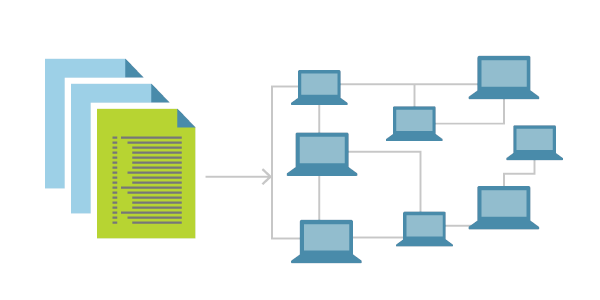Tag: Docker
Docker is a set of platform as a service (PaaS) products that uses OS-level virtualization to deliver software in packages called containers.
How to Store Secrets in Kubernetes
What is a Secret?
A Kubernetes Secret is an object that enables us to store and manage sensitive information. A Secret can contain data like SSH keys, OAuth data, or other user authentication information like passwords. It is typically stored within a cluster in a manner native to Kubernetes. Using a Secret object provides more granular control over how highly sensitive data is used. It also lowers the risk of data exposure to unauthorized parties.
How to Install and Configure KubeKey
What is KubeKey?

KubeKey is the newest Kubernetes installer for KubeSphere. KubeSphere is a distributed OS management system for cloud-native applications using Kubernetes as its kernel. It provides a plug-and-play structure for seamless integration of many third-party applications. It is somewhat similar in nature to MiniKube for installing Kubernetes.
Using Telepresence to Improve Microservice Development

What is Telepresence?
Initially developed by Datawire, Telepresence is a new open-source tool supported by the CNCF (Cloud Native Computing Foundation). It allows developers to run local software while connected to a remote Kubernetes cluster. The application uses a two-way network proxy to simulate TCP connections, environmental variables, and other volumes of services as local processes. This link allows for remote work to be accomplished while seemingly local to the cluster via the proxied connection.
How to Install Jenkins on Ubuntu 20.04
How to Install Jenkins on CentOS 8
What is Jenkins?
Jenkins is an open-source software written in Java and Scala. This software allows users the ability to automate almost any task and, it saves significant time that can be better utilized addressing other issues. When automating tasks with Jenkins, users can optimize their workflow by quickly automating the jobs that servers cannot do themselves. In this tutorial, we will learn how to install Jenkins on CentOS 8. We will also explore what its purpose is and share several benefits that Jenkins offers. We will then configure it to run on our CentOS 8 server.
What is Containerization?

Containers are the future of application development and hosting. They enable DevOps, developers, and system administrators to build, test, deploy, and maintain applications quickly, securely, and efficiently. Tools built around the containerization concept provide simple solutions for basic web applications. These advanced granular configuration options provide the control many enterprise applications may need.
How to Install and Configure Rancher K3s
What is Rancher K3s?

K3s is an official Cloud Native Computing Foundation sandbox project that brings a lightweight, fully compliant Kubernetes distribution designed for lower resource production models like remote locations or on an IoT device. When used in conjunction with Rancher, K3s can easily be managed from within the Rancher orchestration platform.
What is Infrastructure as Code? (IaC)
Introduction: What is IaC?

Today we will become acquainted with a concept known as Infrastructure as Code. The idea of Infrastructure as Code is becoming more and more popular today. IaC is a method used to manage and provision a data center via defined machine-readable files instead of physical hardware configuration or other interactive configuration tools. This article will share what it is used for, why it is important, and why businesses strive to utilize this platform to achieve a desired set of results. It is essential to understand that we will consider both the theoretical and practical parts of IaC.
DevOps: A New Perspective on Shared Automation
What is DevOps?
DevOps is a set of various tools, practices, and ideals that combine software development (Dev) and IT Operations (Ops) into a single unifying force. It allows for better collaboration between developers, operations teams, system administrators, and system engineers. Their streamlined goal is to continually provide a high-value software product to the customer at high speed while monitoring and improving the overall process than using traditional software and infrastructure management.
How to Install and Configure the Kubernetes Dashboard
The web-based Kubernetes console is an interface that provides information about the state of the Kubernetes cluster. The dashboard is also used for deploying containerized applications as well as for general cluster resource management. Traditionally, kubectl is primarily used in the terminal for nearly all cluster related tasks. Still, it is useful to have a visual representation of our cluster in a user-friendly interface. To install the dashboard, kubectl needs to be installed and running on the server.
Our Sales and Support teams are available 24 hours by phone or e-mail to assist.

